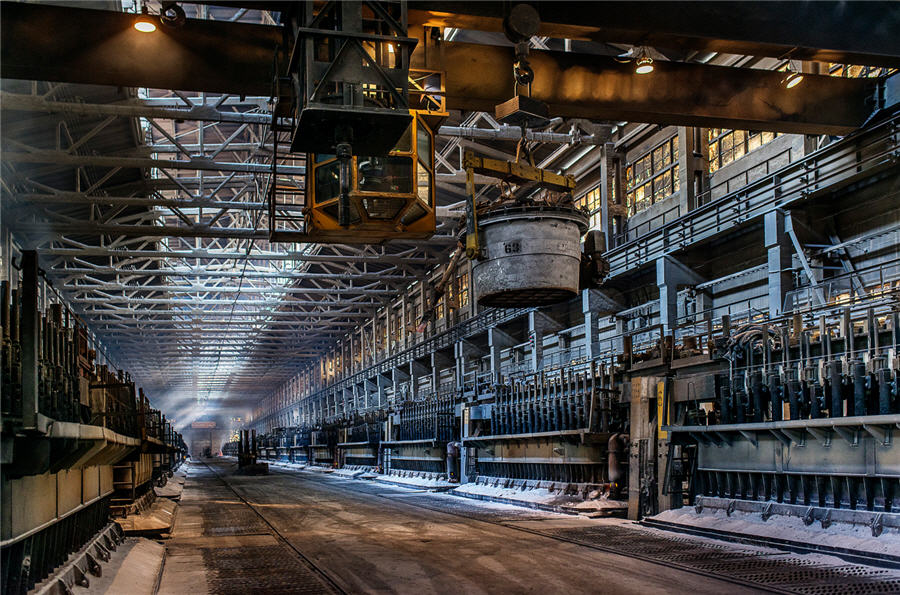Rusal open for talks over Nornickel dividend

Russia’s Rusal is open to talks with a fellow key shareholder in Nornickel about the miner potentially cutting its dividend, but remains to be convinced the current policy should change, its deputy chief executive said.
The board of directors at Nornickel, in which Rusal holds a 27.8% stake, will discuss its 2030 investment strategy and dividend guidelines on March 29. The discussion was initiated by Interros, Nornickel’s largest shareholder with a 34% stake.
Interros has proposed changing Nornickel’s dividend policy in a move that would lower payouts to help fund planned investment.
“Our position is very simple – there are no non-negotiable issues. We are always open to dialogue … The only thing we would like to hear is a larger set of arguments,” Maxim Poletaev, Rusal deputy chief executive and Nornickel’s board member, told reporters.
Rusal and Interros have a long history of debate over the size of Nornickel’s dividends
Nornickel’s dividend policy is set under an agreement between Interros, controlled by businessman and Nornickel chief executive Vladimir Potanin, and Rusal, which relies on Nornickel’s dividend payments in difficult years.
The agreement expires on Jan. 1, 2023, but Interros wants to change it before then, allowing Nornickel to minimise its final 2020 dividend payout and to base future payments on free cash flow instead of core earnings.
“We believe that the current dividend formula is a normal model,” Poletaev said, adding Interros had not given it any concrete numbers in its latest proposal.
Rusal and Interros have a long history of debate over the size of Nornickel’s dividends.
Nornickel’s current investment programme suggests it would invest more in the coming years in production growth and improving its environmental footprint.
However, the company has had a number of accidents over the last 11 months. One of them cost it $2 billion in a fine for environmental damage.
In this context, Rusal wants Nornickel to take a closer look at the quality of its management and plans to initiate a board meeting at Nornickel in one or two weeks to discuss risks related to these accidents and their effect on the miner’s business, Poletaev said.
(By Anastasia Lyrchikova and Polina Devitt; Editing by Mark Potter)
{{ commodity.name }}
{{ post.title }}
{{ post.date }}




Comments